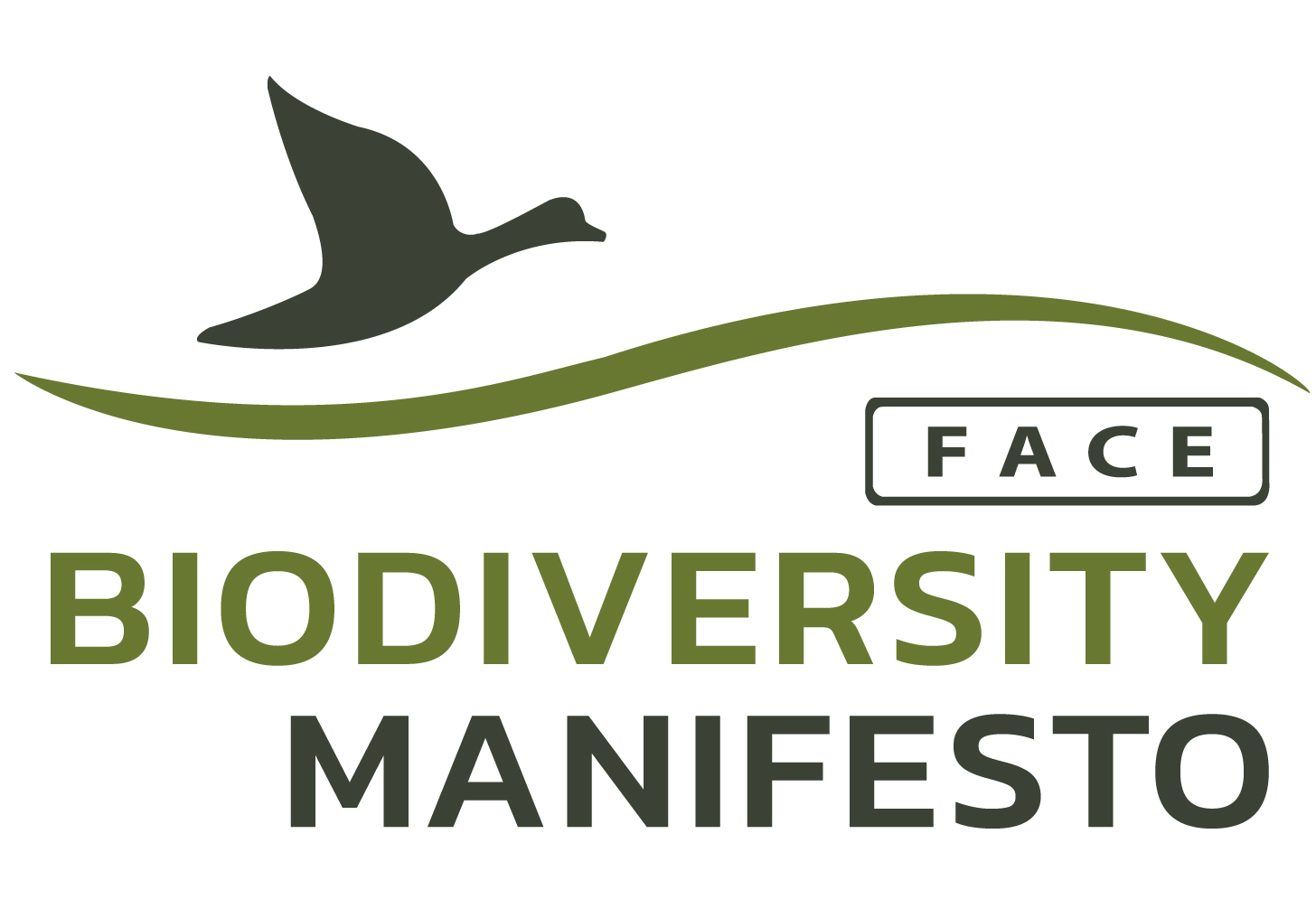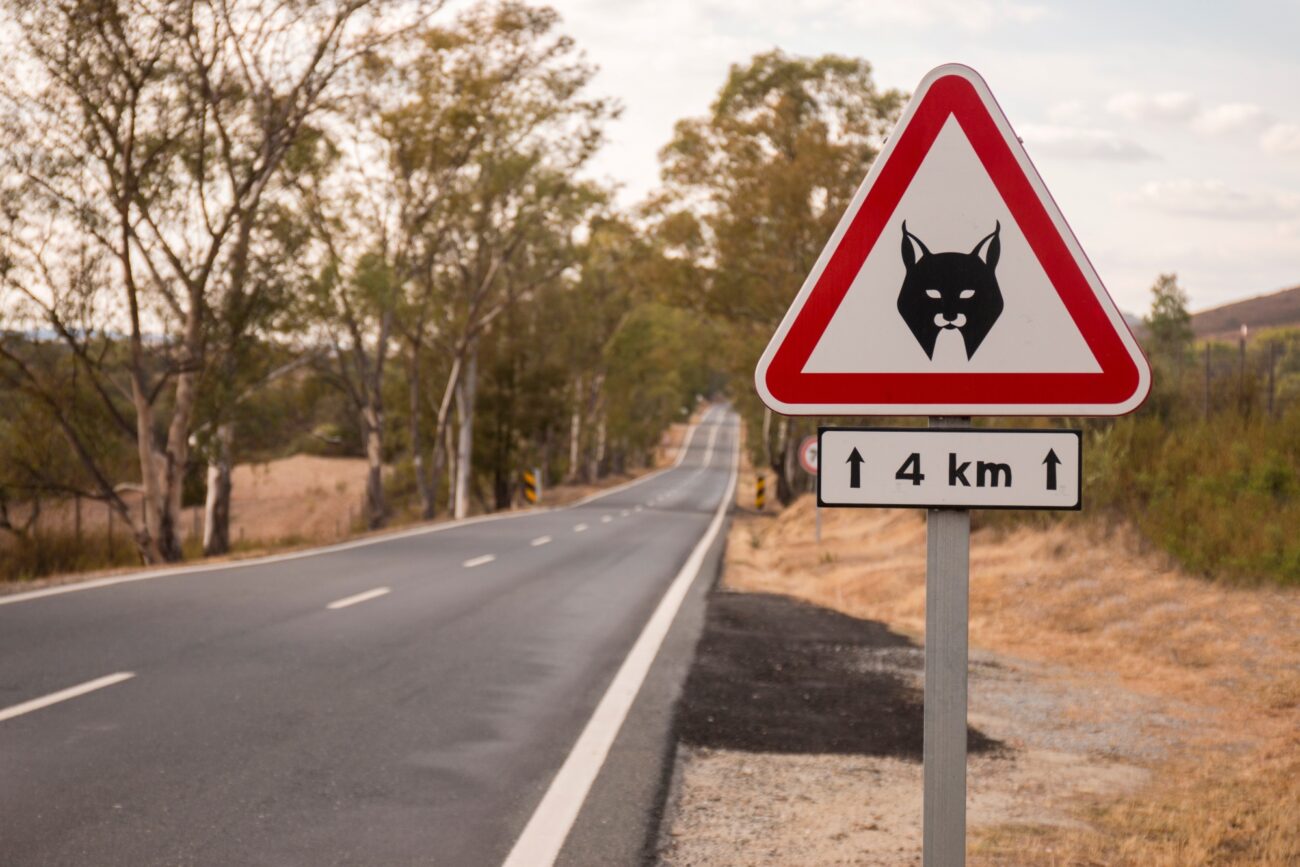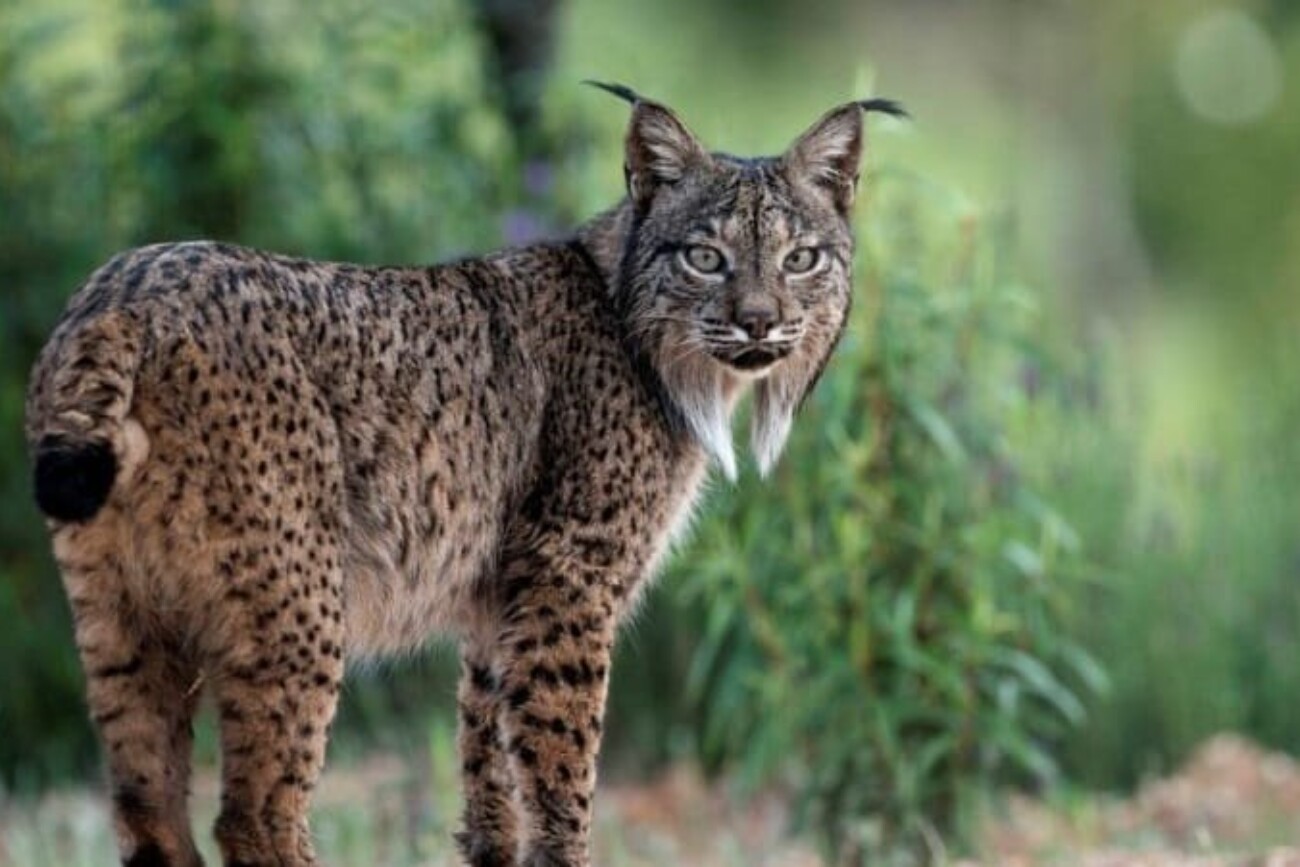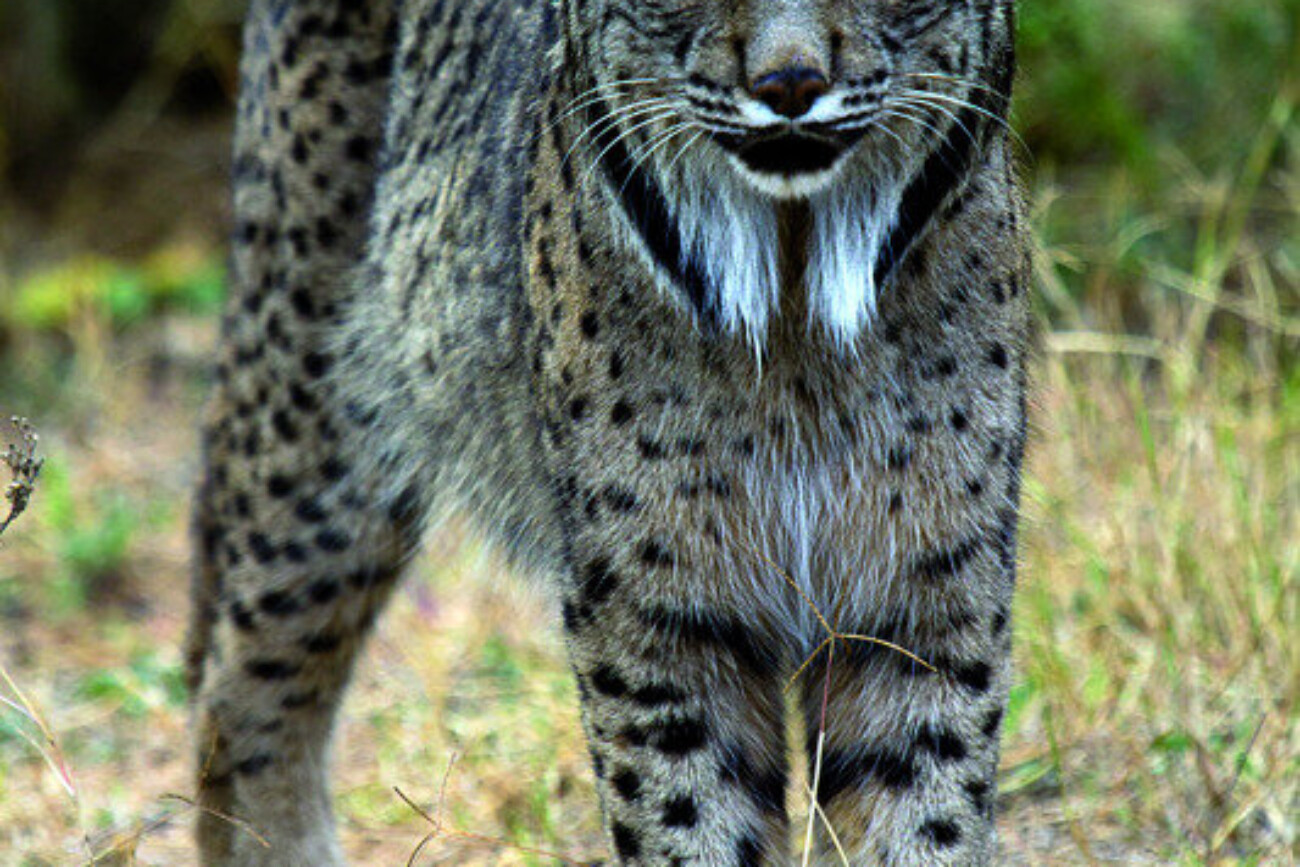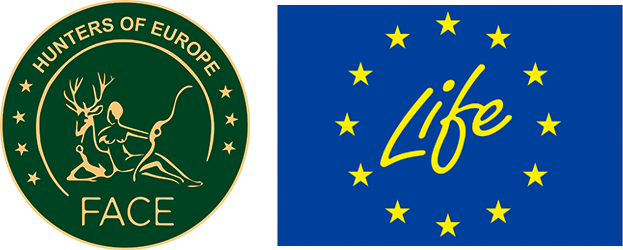Mértola is a municipality located in the interior of the Alentejo region, in the southern part of Portugal, renowned as the Portuguese national hunting capital, it is situated within the Guadiana Valley Natural Park, an area protected for its natural richness.
The municipality of Mértola involves an area of 129,300 hectares, with more than 90% of its territory designated as hunting estates managed by hunters and game managers. Consequently, hunting plays a significant role in both socio-economic aspects, contributing to population settlement, and environmental matters. Stakeholders from the hunting sector serve as the primary landscape managers in Mértola and, consequently, in the Guadiana Valley Natural Park.
The natural characteristics of Mértola’s landscape, combined with habitat management measures pursued by hunting estates, create a rich environment with ideal conditions not only for game species but also for a wide range of wildlife, including some of the most endangered species.
POLICY RELEVANCE
Hunters make a significant contribution to the conservation of large carnivores across Europe. The importance of their work is recognized by organizations such as the IUCN LCIE (Large Carnivore Initiative for Europe), the Bern Convention, and the EU’s Large Carnivore Platform. Active participation from hunters in the conservation and management of species such as the Brown Bear, lynx, and wolf has contributed to the success of these initiatives.
This project demonstrates well how hunters contribute to the conservation of the Iberian Lynx as well as of wildlife and biodiversity. These conservation actions are fully in line with the EU’s Biodiversity Strategy for 2030 and nature restoration targets, highlighting the importance of the recognition of stakeholder’s participation.
The Iberian Lynx, the world’s most threatened feline, was on the brink of extinction in the early 21st century due to habitat destruction and infectious diseases among wild rabbits, their essential prey. However, thanks to the efforts of stakeholders, its population is increasing in the Iberian Peninsula. In the latest lynx survey, there were 1,365 individuals in the wild, with 209 in Portugal, primarily residing in the municipality of Mértola. The Lynx population in the Guadiana Valley is the result of a reintroduction program that has been in action since 2015. The first lynxes were released on a private hunting estate near Mértola, selected for its suitable habitat and a healthy population of wild rabbits provided by the efforts of gamekeepers. Following this success, other hunting estates in the region have also welcomed lynxes onto their land, where they continue to thrive.
Mertola’s example demonstrates that an extensive area managed by hunters who are committed to preserving rich habitats can play a crucial role in the future of endangered species like the Iberian Lynx. This success story is the result of cooperation among stakeholders who understand the importance of hunters’ efforts in biodiversity benefit.
A Spanish study has shown that hunters are willing to pay to hunt in a hunting estate with more ecological value, this includes the existence of natural vegetation, variety of game species and presence of protected species. For hunting stakeholders, a habitat with thriving biodiversity not only has an ecological role but also an economical one. As so, restored nature by hunters means better habitats and landscapes, with rich biodiversity.
